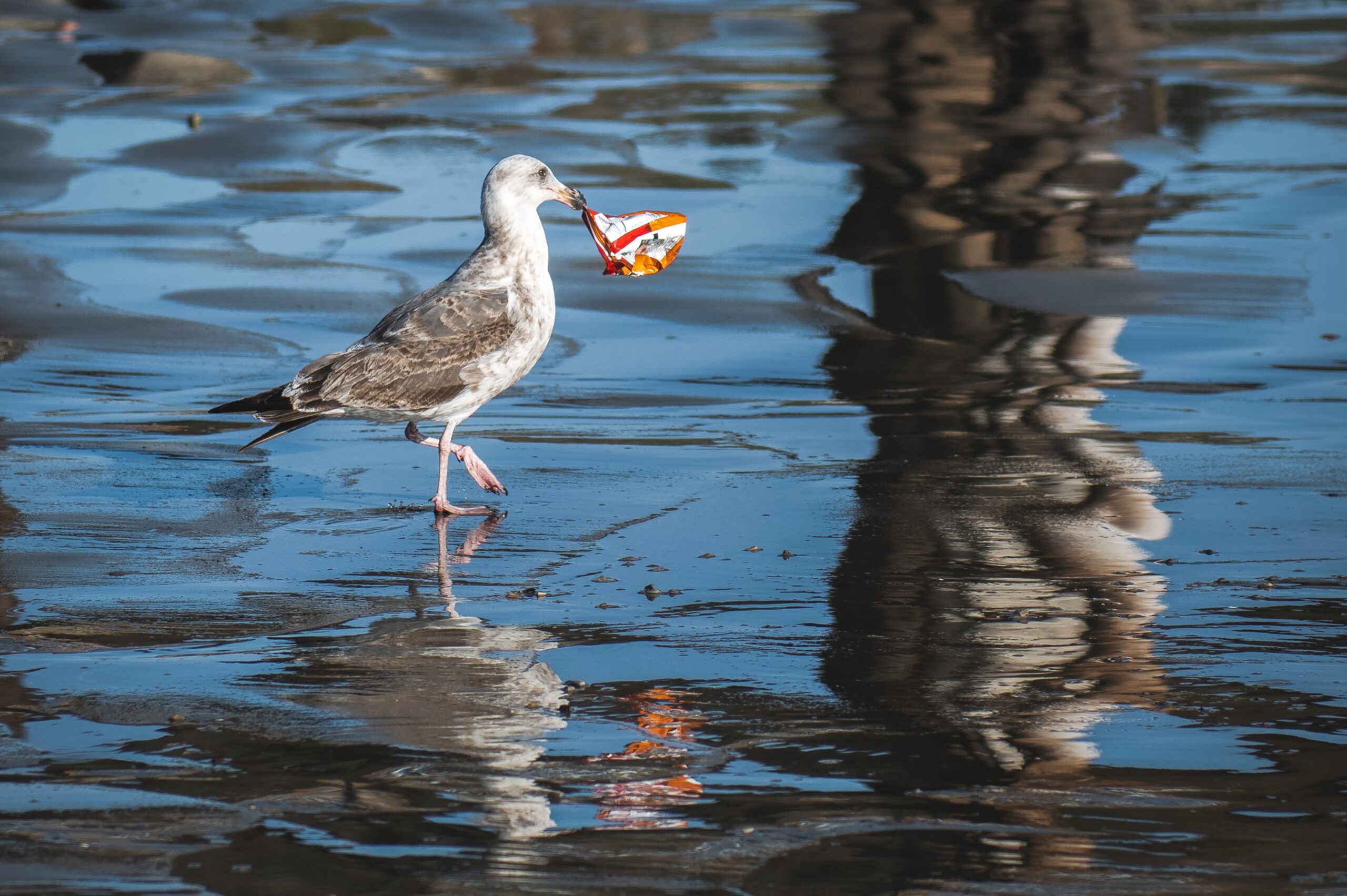Hey there, sustainability enthusiasts! It’s time to talk about a serious problem that’s plaguing our beautiful planet – plastic pollution in our oceans. The fact is, plastic waste is everywhere, from the streets of our cities to the depths of our oceans. And it’s taking a massive toll on our environment and marine life. But don’t worry, we’re here to give you the scoop on the shocking truth about plastic pollution in our oceans and what we can do to make a difference. So, let’s dive in and explore the impact of plastic pollution on our oceans!
The Problem of Plastic waste in Our Oceans:
Our oceans are a critical part of the global ecosystem, and plastic pollution has been identified as a significant threat to marine life. Every year, millions of tons of plastic waste find their way into our oceans, harming not only marine wildlife but also entire ecosystems. Shocking statistics indicate that by 2050, there could be more plastic than fish in the oceans by weight. The impact of plastic pollution is far-reaching, and it is affecting not just marine life but also the quality of the water we drink and the food we eat. A recent study found that microplastics, tiny pieces of plastic smaller than a grain of rice, have been found in 90% of bottled water. This means that even if you live miles from the ocean, you could still be consuming plastic. Types of plastic waste found in the ocean range from plastic bags and straws to fishing nets and microbeads. The plastic waste not only endangers marine life but also poses a risk to human health. The scale of the problem is massive, but it is not insurmountable.
The Effects of Plastic Pollution on Marine Life
The effects of plastic waste on marine life are devastating. It can entangle marine animals, causing injury and death. For example, sea turtles often mistake plastic bags for jellyfish, one of their main food sources, and can suffer from digestive blockages or suffocation. Birds and fish also mistake plastic for food, leading to ingestion and entanglement. Ingesting plastic can cause damage to internal organs, starvation, and even death. Additionally, plastic waste in the ocean can disrupt the delicate balance of the marine ecosystem. This leads to the decline of marine plant life and other species that depend on them. The consequences of plastic pollution on marine life are not only tragic for the animals themselves but also have a ripple effect on the entire oceanic ecosystem.
Causes of Plastic Pollution
Have you ever stopped to think about where all the plastic you use goes? It might seem like it just disappears after you throw it away, but the truth is, plastic pollution is a major problem that is impacting our oceans and the creatures that live in them. The main sources of plastic pollution include single-use plastics like straws, water bottles, and plastic bags, which are used once and then discarded. The role of these single-use plastics in plastic pollution cannot be overstated, as they account for a significant portion of the plastic waste that ends up in our oceans. And while countries like the UK, US, and Norway have made strides in improving their waste management and recycling systems, the lack of proper infrastructure to handle the volume of plastic waste generated still remains a challenge. It’s time to take action and rethink our consumption habits to reduce our impact on the environment.
Solutions to Plastic Pollution
As individuals, there are several ways we can reduce our plastic waste and make a positive impact on the environment. Simple actions such as carrying a reusable water bottle, using a cloth bag for shopping, and avoiding single-use plastics like straws and cutlery can significantly reduce the amount of plastic waste we produce. However, businesses and governments also play a crucial role in reducing plastic pollution. Companies can invest in more sustainable packaging and production methods, while governments can introduce policies and regulations that promote waste reduction and encourage recycling. Some successful initiatives include plastic bag bans and taxes, bottle deposit schemes, and the implementation of extended producer responsibility (EPR) schemes. By taking action at an individual, business, and government level, we can work together to reduce plastic waste and protect our oceans for generations to come.
Ethical brands that fight against plastic waste:
Here are some ethical brands that propose some reusable and eco friendly items:
- S’well: S’well creates stylish and sustainable water bottles in a variety of sizes and designs. They are made from stainless steel and are designed to keep drinks cold for up to 24 hours or hot for up to 12 hours.
- Klean Kanteen: Klean Kanteen offers a wide range of reusable water bottles, cups, and food containers made from high-quality stainless steel. They also have a variety of accessories, such as bottle caps, straws, and insulated covers.
- Hydro Flask: Hydro Flask is a popular brand that offers a wide range of insulated water bottles, tumblers, and food containers. They are designed to keep drinks and food hot or cold for hours.
- Baggu: Baggu is a brand that creates reusable bags and totes in a variety of fun patterns and colors. They also offer reusable face masks and backpacks.
As we come to the end of this article, it is clear that plastic pollution is an urgent issue that requires immediate attention. We’ve explored the devastating effects of plastic on our oceans and marine life, and the responsibility we have as individuals, businesses, and governments to address this issue. The good news is that there are solutions available and small actions we can take every day to make a positive impact. So let’s make a pledge to be more eco-conscious, support ocean conservation efforts, and say no to single-use plastics. Together, we can make a difference and protect our beautiful oceans for generations to come.




